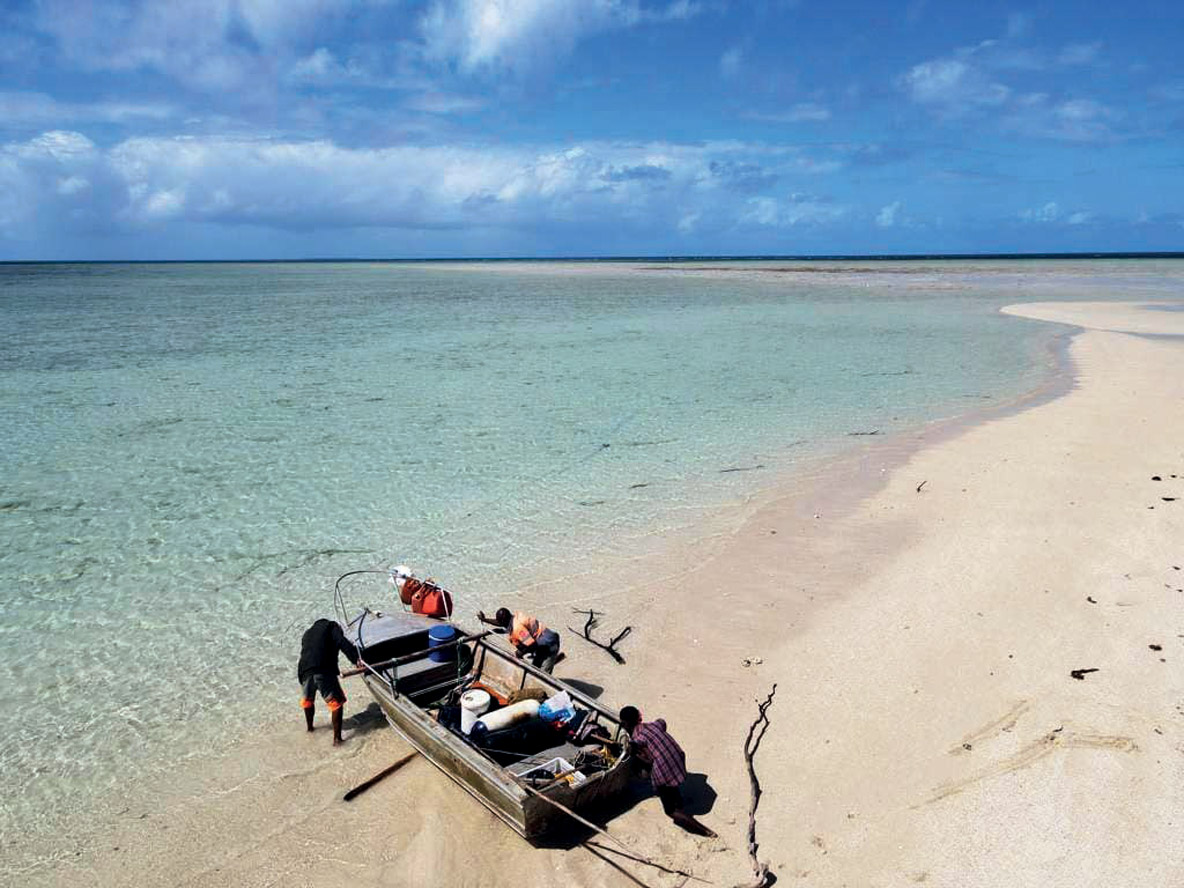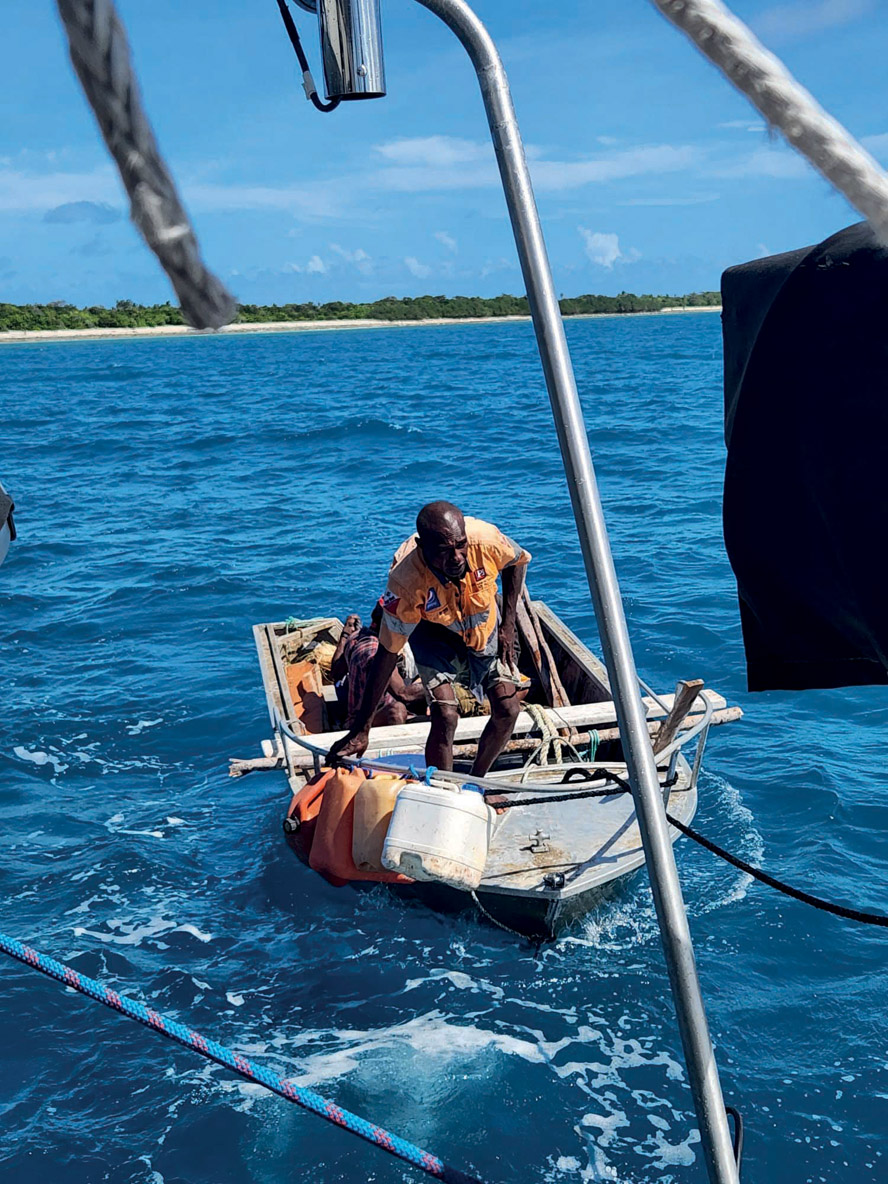
Issue #: 192
Published: November / December 2023
- Price per issue - digital : 6.50€Digital magazine
- Price per issue - print : 9.50€Print magazine
- Access to Multihulls World digital archives Digital archives
Sailing in the Torres Strait, the crew of Nawaks rescued some shipwrecked sailors who had been lost for ten days.


What readers think
Post a comment
No comments to show.